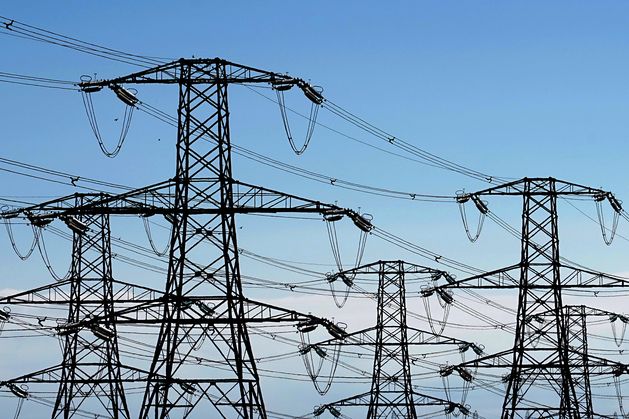The decision will add just under €29 a year to household electricity bills.
However, this year’s rise is lower than the €100 imposed last year.
The Commission for the Regulation of Utilities (CRU) said the electricity network requires annual investment to provide safe, secure and resilient supply of service by the network companies for customers.
It said this was particularly important as the country decarbonises.
Energy supplier Flogas blamed network charges for a hike in electricity charges for its 43,500 customers that took effect this week.
Prices have gone up by 7pc, adding €127 a year to the typical bill.
Flogas said it was passing on what it said was a 21pc rise in network charges last year to its customers.
Electricity prices in Ireland are still around 70pc to 80pc above where they were before the war in Ukraine broke out just over three years ago and are among the highest in all of Europe.
Daragh Cassidy of price comparison site Bonkers.ie said the CRU approval of another rise in network charges was expected.
He said this was because our electricity grid requires billions in investment over the coming years to cope with the demands of a rapidly growing population, an increase in the number of data centres, the electrification of the wider economy, and to help finance the transition towards net zero.
He said network, or grid, fees already make up around a third of the overall price we pay for our electricity in Ireland, which is among the highest in Europe.
Mr Cassidy said the CRU has already flagged that there will be further hikes to these fees over the coming years unfortunately.
“It’s up to individual energy suppliers to decide how they pass on any increase in network fees. They can choose to fully absorb the hike or pass on only some of it to consumers,” Mr Cassidy said.
The hike will come into effect from October 1.
If fully passed on to consumers, the increase will add just under €29 a year to households’ electricity bills.
Last year the CRU approved a hike in charges that equated to an increase of just over €100 a year to consumers’ bills.
Electricity prices in Ireland are still way above where they were before the war in Ukraine broke out just over three years ago and are among the highest in all of Europe.
The CRU insisted it “critically reviews expenditure, to ensure that investment by electricity transmission and distribution operators, ESB Networks and Eirgrid, is recovered in a fair and transparent way from customers”.
It said that next year a total of €2.72bn will be incurred by ESB Networks and EirGrid on the operation and development of the grid.
“This is expected to result in an increase in domestic network charges, estimated at approximately €2.41 per month in 2025/26,” the CRU said in a statement.
CRU commissioner Fergal Mulligan said: “This decision is in line with CRU’s regulatory process, to make sure Ireland has a reliable energy supply, cleaner electricity, and fair, transparent service for all customers, delivering on both national and EU objectives.
“We review network operators’ investment plans annually to make sure they’re necessary, cost-effective, and will improve electricity services for customers. This year’s increase in network charges reflects the growing need to invest in a more resilient, smarter and cleaner electricity grid.”

